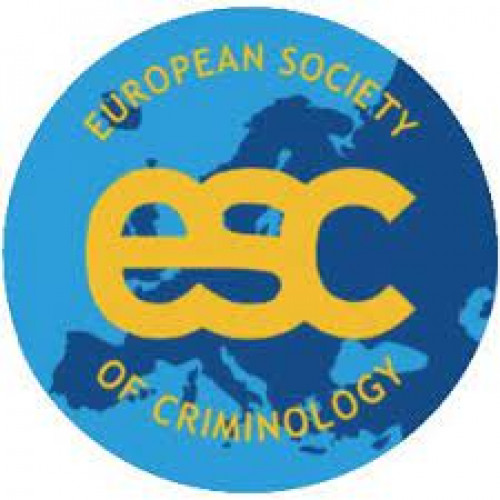Editorial notes: the 25hth anniversary of the ESC
EUROCRIM 2025 is rapidly approaching, and soon many of the ESC members, past presidents, doctoral students, working group chairs, past and present board members, researchers from all ages and provenances will meet in historical Athens to continue the criminological discussion. Soon, the programme will be available, but until then, readers can take a look at the suggestions and recommendations that Effi Lambropoulou has left in this issue on how to get to the conference and how to enjoy the capital of Greece.
The 2025 annual conference will be especially important in the life of the European Society of Criminology because its 25th anniversary will be celebrated with some special activities and events. For instance, a special logo was purposefully designed for the occasion, and the newsletter blog is publishing the past Presidents’ best memories and remembrances of their participation in the ESC.
However, so far, 2025 has been a year to remember, eventually for many negative reasons. Michele Burman, in her presidential message, addresses all the risks and harms we have been witnessing, including the populist political rhetoric using crime and criminality “to justify increased punitiveness and repressive border control regimes, rising security threats, ongoing conflicts, and the erosion of the rights of women”. In a eloquent and clear text, the President of the ESC suggests that criminologists become more engaged in helping make sense of it all, while realistically acknowledging many of the limitations we face in our daily routines to critical and reflexive thinking about how societies are changing and how that impacts our core values and research topics.
From my perspective, the 25 years of the ESC should open the occasion for deeper and more systematic reflection on what criminology is in Europe and how it has evolved. There is ever more information about how individual countries have witnessed the development of Criminology throughout the years, but the variable rate of scientific endeavour between European countries needs better delineation and understanding. In many countries criminology is still considered a sub-field of law, which suggests a distrust of empirical sciences and prefers a conservative and normative approach to crime, criminality, the victim and the offender. This, thus, makes the criminal phenomena a preferred battleground for political opposition, with its general inattention to empirical evidence and selective blindness to phenomena such as gender violence or environmental crime. It would be interestingto know more about how criminology is actually being conducted in the various regions of Europe, particularly its institutional contexts, political liaisons, available resources (including training) and symbolic societal (ir)relevance.
Let the next 25 years open the possibility for better knowledge of the existing institutional and political conditions for Criminology, while also allowing for the methodological, conceptual and theoretical development of the field in all its many forms and perspectives.
